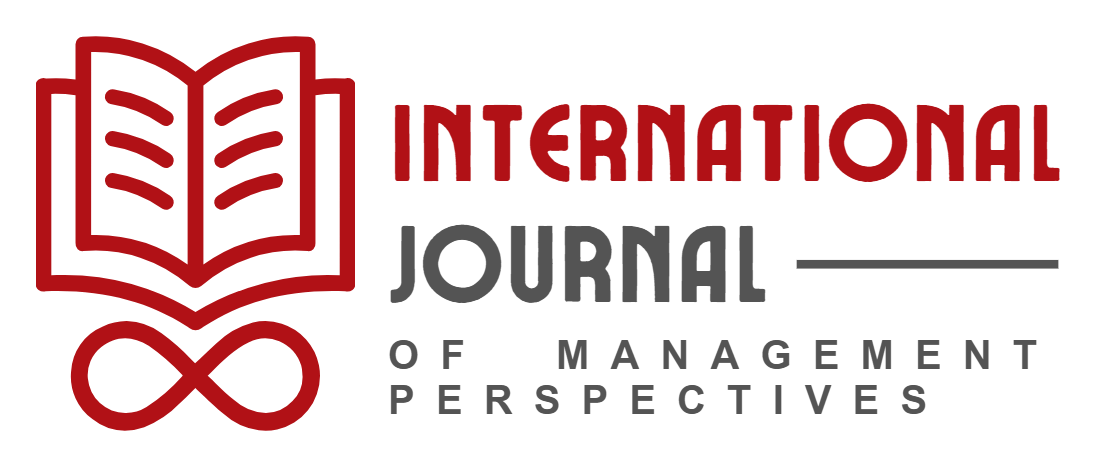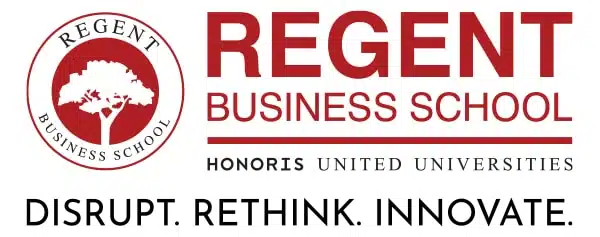Bachelor of Business Administration
The Bachelor of Business Administration is designed to provide students with elemental and advanced business skills needed to become well-developed entrepreneurial business administrators.
Description
Course Overview
Objectives
Course details
The Bachelor of Business Administration is a three-year distance learning programme with a highly student-focused approach. It aims to allow students with diverse needs to study while working full-time.
After registration, all students will receive a complete study pack for their course and will have ongoing lecturer access and support via phone or email.
Students can choose between two course delivery options:
Option 1: Distance learning
This option is perfect for students who want to work on their own. Modules for the distant learning option incorporate workshops, case-study analysis, and self-directed reading. Every semester, the Distance Learning option hosts optional workshops over two weekends. This allows students to communicate and interact with their professors and classmates in real-world situations.
(Workshops are held in areas with a sufficient amount of demand.)
Option 2: Rich-distance learning
This option is best for students who value frequent contact with lecturers and classmates but who also like the idea of independent study. Students who choose the rich-distance learning option will engage in formal classroom interactions with instructors and other students (on an online platform).
Rich-distance learning is a fantastic option for those who want to experience the “traditional” manner of studying but at a much-reduced cost.
Course structure and modules
Year 1
Semester 1
- Business Administration 101
- Business Process Management 101
- Business Communication 101
- Fundamentals of Information Technology 101
Semester 2
- Business Administration 102
- Financial Administration 102
- Operations Management Practices 102
- Business Mathematics 102
Year 2
Semester 1
- Business Administration 201
- Financial Planning and Reporting 201
- Business Statistics 201
- Legal and Commercial Practice 201
Semester 2
- Business Administration 202
- Business Information Systems 202
- Human Resources Management, Labour
Relations and Organisational Development
Practices 202 - Risk Management 202
Year 3
Semester 1
- Business Administration 301
- Enterprise Resource Planning 301
- Marketing Administration 301
- Ethics and Corporate Governance 301
Semester 2
- Business Administration 302
- Supply Chain Administration 302
- International Business Best Practices 302
- Project Management Practice 302
Careers
Upon successful completion of this course, students will have learned the necessary skills and knowledge to pursue the following careers:
- Accountant
- Business Consultant
- Business Manager
- Buyer or Purchasing Agent
- Compensation and Benefits Analyst
- Financial Analyst
- General Business Administrator
- Human Resources Specialist
- Insurance Underwriter
- International Business Specialist
- Loan Officer
- Logistician
- Marketer
- Market Research Analyst
- Meeting, Convention, and Event Planner
- Municipal Manager
- Office Manager
- Procurement Officer
- Project Manager
- Real Estate Appraiser
- Sales Manager
- Training and Development Specialist
- Labour Relations Specialist
Entry requirements for the Bachelor of Business Administration
To enrol in the Bachelor of Business Administration, applicants must have one of the following:
- A national senior certificate with minimum Bachelor’s Degree admission
- A relevant NQF Level 4 qualification OR equivalent (‘A’ or ‘O’ level certificates)
Applicants who do not meet the requirements but have the necessary work experience can apply for Recognition of Prior Learning (RPL) as an alternative admission to the course. These admissions are based on the applicant’s prior studies, work, management experience, and age.
All submissions are subject to the approval of the RBS Selection Committee.
Frequently Asked Questions
A Bachelor of Business Administration (BBA) degree is a three-year undergraduate degree that focuses on developing a student’s business skills and knowledge. It covers various aspects of business, including finance, marketing, human resources, and operations management.
- Business Management
- Financial Management
- Marketing Management
- Human Resources Management
- Operations Management
- Entrepreneurship
- Business Ethics
- Business Law
- Economics
- Accounting
Yes, a BBA degree is highly valued in South Africa, as it provides students with a solid understanding of business principles and practices. It opens up various career opportunities in management, leadership, and entrepreneurship.
Both BBA and BCom (Bachelor of Commerce) degrees have their own strengths and specializations. BBA focuses on the administrative aspects of business, while BCom focuses on the commercial aspects. The choice between the two depends on your career goals and interests.
Yes, business administration is in high demand in South Africa, as companies need skilled professionals to manage and lead their organizations. With a BBA degree, you can pursue various career paths, including management, human resources, marketing, and finance.
- Managing and leading teams
- Developing business strategies
- Analyzing market trends
- Making financial decisions
- Overseeing operations
- Ensuring compliance with laws and regulations






